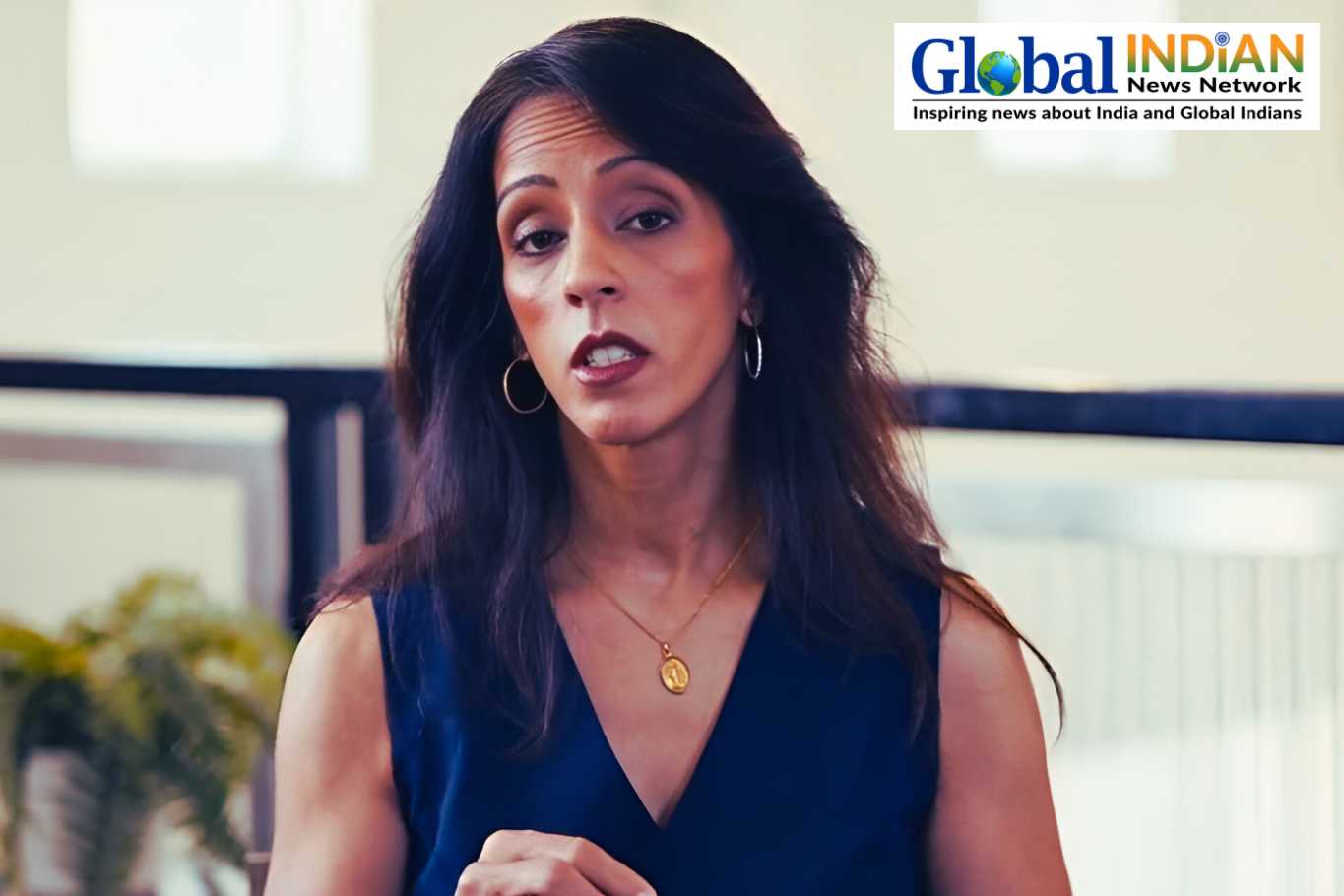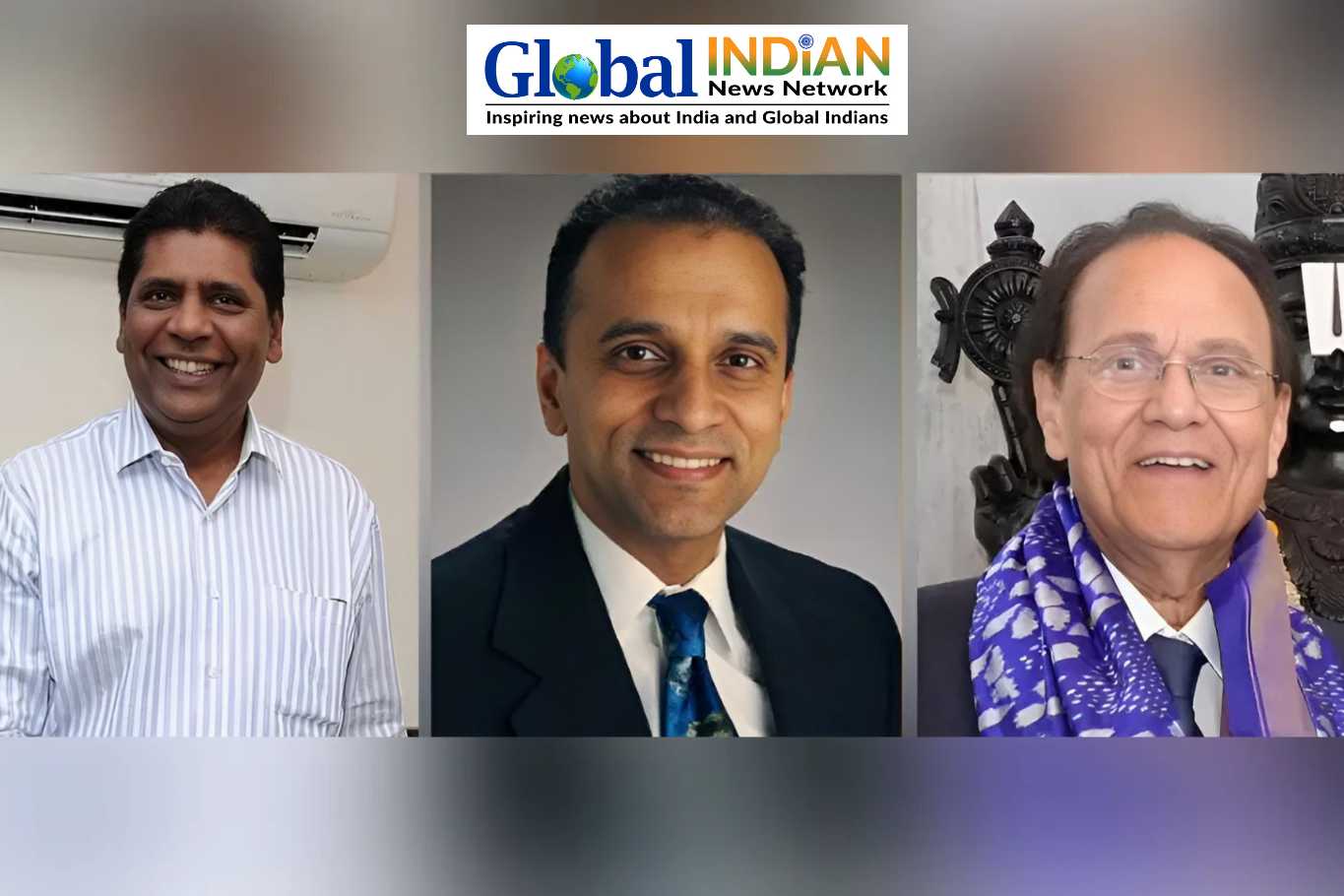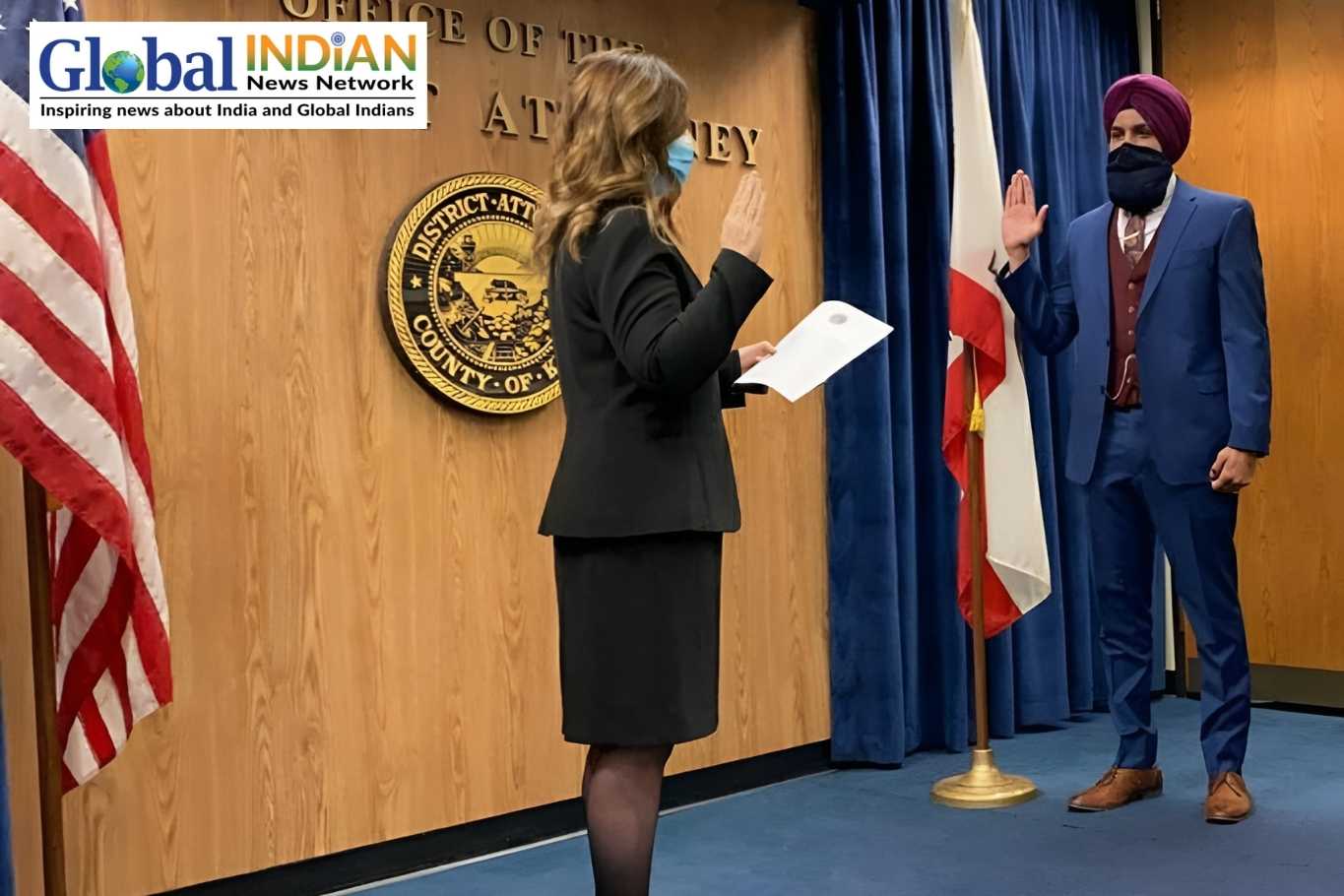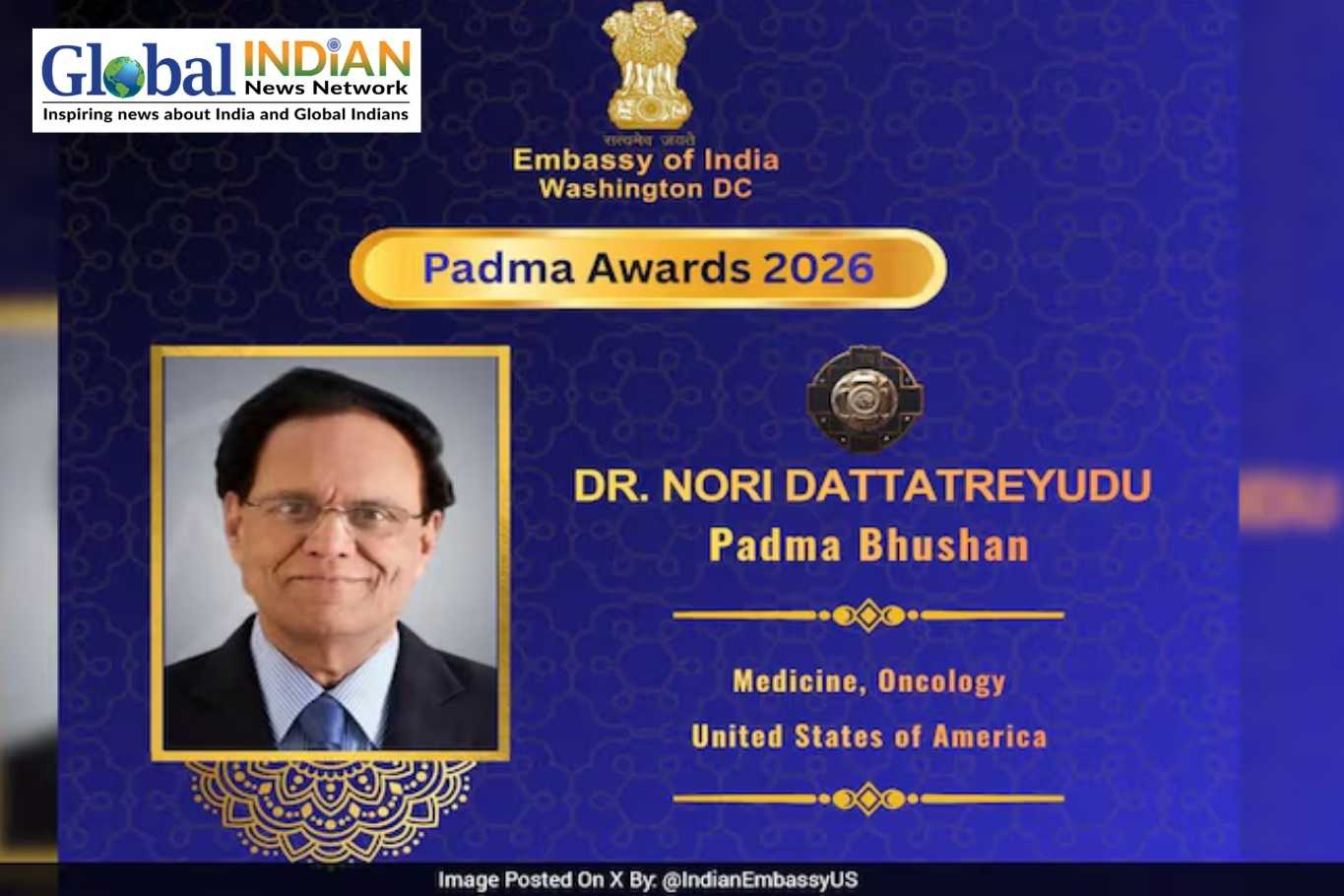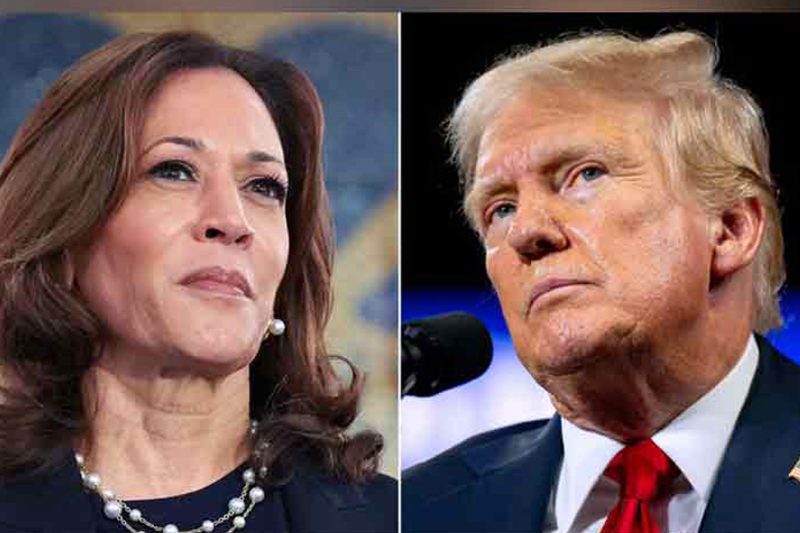
Recent polling indicates a notable change in the political preferences of Indian Americans, with a growing inclination towards Donald Trump. In response, Vice President Kamala Harris is making a deliberate effort to engage with Indian American voters by celebrating her mother, Shyama Gopalan, and her journey as an immigrant.
In a post shared on X, Harris reflected on her mother’s solo immigration from India at a young age, emphasizing her bravery and the impact it had on her life. This strategy aims to reinforce her connection with the Indian American community while highlighting their common values. Despite Indian Americans still leaning toward the Democratic Party for the upcoming 2024 Presidential election, their loyalty has noticeably waned compared to previous years.
Harris shared her feelings on X, highlighting that her mother, Dr. Shyamala Gopalan Harris, arrived in the United States from India at the age of 19, journeying alone. She credited her mother’s courage and determination for shaping her into the person she is today.
Born in California to Shyama Gopalan and Donald J. Harris, Kamala’s roots are deeply connected to both Indian and Jamaican heritage. After her parents separated, she and her sister lived with their mother in various locations until they settled in Washington, D.C., where she attended Howard University and earned a degree in political science and economics. Harris later obtained her law degree, beginning her career as a deputy district attorney in California before ascending to roles such as San Francisco’s district attorney and California’s attorney general. In 2017, she made history as the second African American woman and the first Southeast Asian woman elected to the U.S. Senate. Although she sought the Democratic presidential nomination in 2020, she withdrew to endorse Joe Biden, who then chose her as his running mate.
A survey revealed that 61% of registered Indian American voters intend to support Harris, while 32% favor Trump. However, the Democratic identification among Indian Americans dropped from 56% in 2020 to 47%, while the percentage of Republicans remained stable at 21%. Additionally, a study from the Carnegie Endowment for International Peace predicts that Harris may attract fewer votes than Biden did in 2020.
Commenting on the upcoming elections, Congressman Raja Krishnamoorthi remarked that the competition will be tight, but he believes Harris will prevail. He emphasized the importance of patience as results are tabulated, particularly in key states.
Meanwhile, Trump has made efforts to appeal to Indian Americans, promising to protect Hindu interests against what he termed the “anti-religion agenda of the radical left.” He expressed his desire to strengthen ties with Indian Prime Minister Narendra Modi, whom he labeled a “good friend.” In his posts, Trump has condemned violence against minority groups in Bangladesh, criticizing the current administration for neglecting Hindu communities globally.
Despite Harris’s Indian-African heritage, some community leaders, like businessman Ashok Baddi, remain skeptical about her connection to Indian Americans and have chosen to support Trump instead. Rising living costs during the Biden-Harris administration have significantly influenced their voting preferences.
In Michigan, a noteworthy 20% of Muslim Americans have shifted support to Trump, with local community leaders citing economic factors and Trump’s positions on various issues as reasons for this change. As candidates court this vital demographic, Trump’s outreach in Detroit underscores the importance of securing every vote in a closely contested election.

